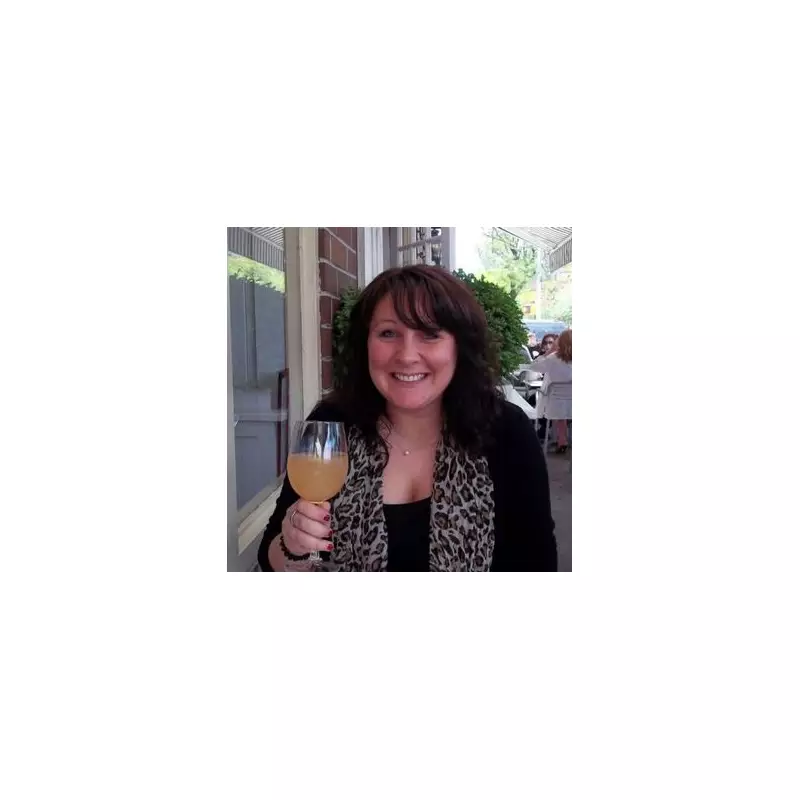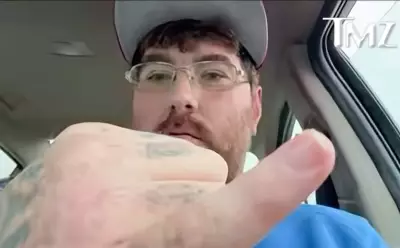
For years, Sarah Lloyd appeared the picture of success, climbing the corporate ladder in high-pressure global PR roles while raising a family. But behind the facade, the 48-year-old mum-of-two from Hampshire was locked in a private battle, using alcohol as a crutch to navigate a world that felt overwhelmingly loud and complex.
The Struggle Behind The Success
Sarah's relationship with alcohol began as a way to fit in. She would binge drink at weekends and most evenings, priding herself on being able to keep up in a corporate culture that often revolved around pubs and open bars. "I could never have one or two," she admitted. "I would just keep going until the money ran out or I was kicked out."
At her lowest point, while single, she was consuming a bottle of wine each night, spending roughly £50 a week on alcohol. The drinking helped her cope with sensory overwhelm in loud offices, the pressure of tight deadlines, and a deep-seated feeling of social awkwardness. For decades, she attributed her panic attacks, burnout, and mental overload to stress, motherhood, and a demanding career.
A Life-Changing Realisation
It wasn't until Sarah entered perimenopause last year that the pieces of the puzzle finally fell into place. She began to reflect on a lifetime of difficulty with sensory overwhelm, social masking, and people-pleasing. This led her to a profound realisation: she was likely neurodivergent.
"I am not officially diagnosed," Sarah clarified, "but when I hit peri-menopause I had a realisation that a lot of my behaviours and communication style isn't just down to high functioning anxiety, it was much deeper than that." She explained that she would take things very literally, struggle with changes in plans, and had no personal boundaries, often putting herself in danger.
The consequences of her drinking peaked in her 30s and early 40s. "I lost friends and potential partners because of how I behaved when drunk," she shared. The mental rollercoaster was exhausting, swinging from being the life and soul of a party to withdrawing completely, all while feeling she never truly belonged.
Finding A New Path To Peace
A severe episode after the birth of her second child left her desperate for answers. When conventional treatments like antidepressants and CBT failed to help, she turned to Reiki as a last resort. The experience was transformative, offering a sense of calm she hadn't felt in years.
This sparked a deeper healing journey. In 2017, she attended the Mind Body Spirit Festival in London, an event that proved to be a major turning point. "It was like someone had switched a light on inside me," she recalled. Inspired, she left her corporate career, trained in Reiki, and now works for the very festival that helped her, which is set to celebrate its 49th anniversary next year.
Sarah, who also runs the Shame-Less Stories podcast and her own PR company, is now alcohol-free. She has reframed her past, no longer seeing herself as weak but as someone who was struggling without the language to understand why. "I've learned that understanding myself – my mind, my body, and my patterns – has been far more powerful than any drink ever was," she said. "Now I face life with clarity, not a bottle, and that freedom is priceless."






